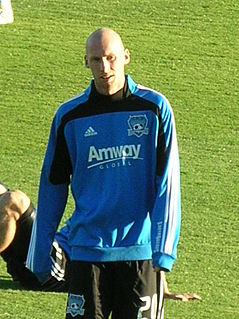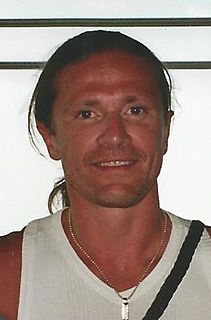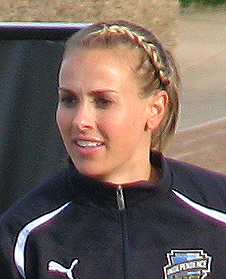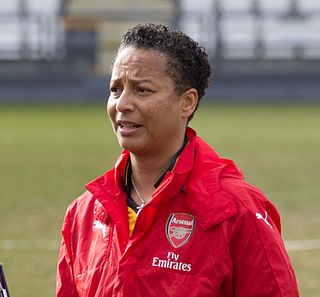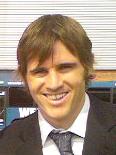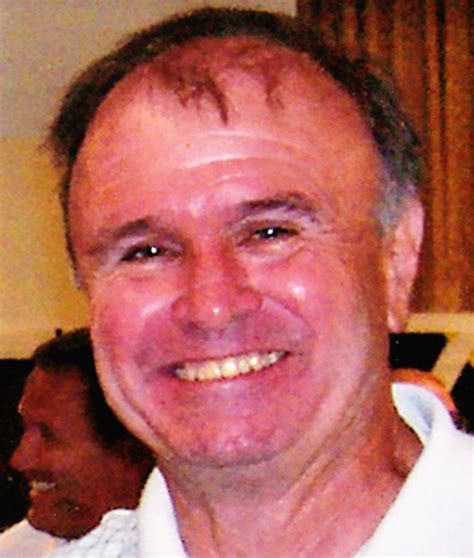A Quote by Tim Ward
You know, the very strength of science is that it keeps us from the errors of mythos, from getting committed to a set of memes that we adopt because of congruence with what we think we know. Science demands skepticism.
Related Quotes
There is no science in global warming. "Mr. Limbaugh, that's typical of what you! That's the most outrageous statement I've ever heard anybody ever make! No science in global warming?" Do you know how I know there's no science in global warming, folks? Because they tell us a "consensus of scientists" agrees that X. There is no consensus in science.
The whole point of science is that most of it is uncertain. That's why science is exciting--because we don't know. Science is all about things we don't understand. The public, of course, imagines science is just a set of facts. But it's not. Science is a process of exploring, which is always partial. We explore, and we find out things that we understand. We find out things we thought we understood were wrong. That's how it makes progress.
Science, pure science, is leading us in a sense astray. Leading us astray with the idea that everybody has got to have everything that they want even if it means polluting the entire environment. It is a case of lets just keep one or two canisters of the smallpox virus because we'll never know when we might need it. Science is becoming very much a Dark Power, in many ways.
There are certain kinds of people who write science fiction. I think a lot of us married late. A lot of us are mama's boys. I lived at home until I was 27. But most of the writers I know in any field, especially science fiction, grew up late. They're so interested in doing what they do and in their science, they don't think about other things.
My parents didn't know much science; in fact, they didn't know science at all. But they could recognize a science book when they saw it, and they spent a lot of time at bookstores, combing the remainder tables for science books to buy for me. I had one of the biggest libraries of any kid in school, built on books that cost 50 cents or a dollar.
Most of what I do is science fiction. Some of the things I do are fantasy. I don't like the labels, they're marketing tools, and I certainly don't worry about them when I'm writing. They are also inhibiting factors; you wind up not getting read by certain people, or not getting sold to certain people because they think they know what you write. You say science fiction and everybody thinks Star Wars or Star Trek.
We are living in a society that is totally dependent on science and high technology, and yet most of us are effectively alienated and excluded from its workings, from the values of science, the methods of science, and the language of science. A good place to start would be for as many of us as possible to begin to understand the decision-making and the basis for those decisions, and to act independently and not be manipulated into thinking one thing or another, but to learn how to think. That's what science does.
